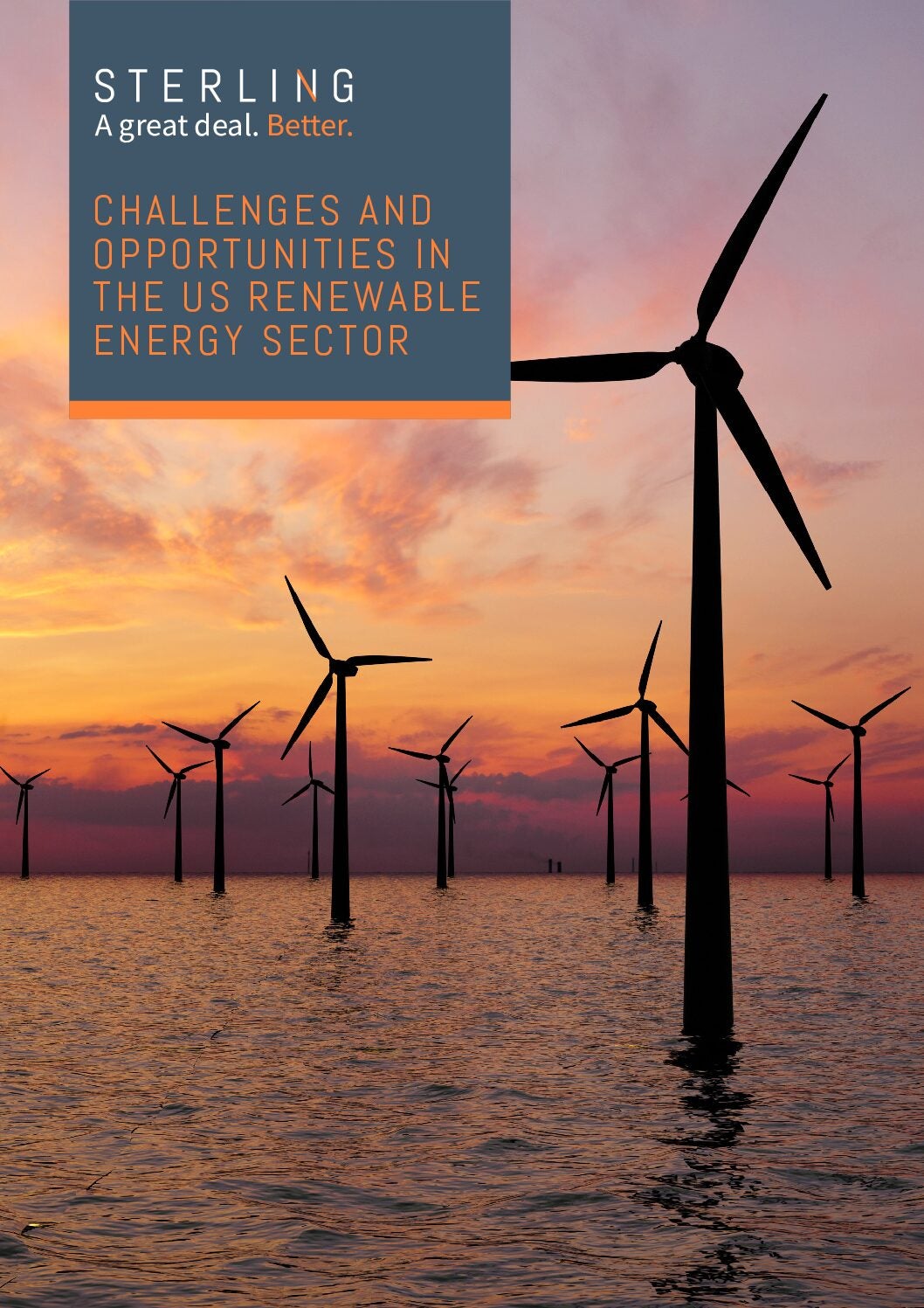
Carbon credits – a market-based carbon offsetting solution – are an increasingly popular form of ESG for big businesses. Morgan Stanley estimates that the market will grow over 2000% between 2020 and 2050, reaching around $250bn. Yet the industry is wracked with scandals around greenwashing, land grabs and neocolonialism, most recently regarding the over-crediting of cookstove projects, leaving it with serious questions to answer as to its role in the green transition.
A paper published in the scientific journal Nature suggests that improved cookstove projects aimed at replacing traditional three stone fires with more efficient stoves are over-credited by an average of 920%. Despite this, they are one of the fastest growing types of voluntary emission reductions (VERs), representing around 15% of total projects in the market.

US Tariffs are shifting - will you react or anticipate?
Don’t let policy changes catch you off guard. Stay proactive with real-time data and expert analysis.
By GlobalDataOne of the reasons for their popularity may be that they are not yet as tarnished as other VERs; rainforest offsets were one of the most popular types of VER until a Guardian-led investigation found that over 90% of the offsets issued by Verra – one of largest certifiers – were worthless.
These findings were disputed by Verra, as is the newly released paper. In its statement, the organisation references an open letter published in September 2023 by “other academic professionals and experts”, raising “serious substantive concerns about this research.”
This open letter takes issue with the methodology of the study, as well as a potential conflict of interest due to its lead author taking funding from Better Cooking Company Limited, which also produces cookstoves. However, the letter itself is exclusively signed by high-level members of companies and organisations that directly benefit from cookstove carbon credits. None has a PhD.
How do carbon credits work?
The voluntary carbon market is a way for companies to ‘offset’ their own greenhouse gas emissions by purchasing carbon credits. Each credit is equivalent to one tonne of CO2 prevented from entering the atmosphere through projects including improved cookstoves, renewable energy and preventing deforestation. These credits are issued by certifiers including Verra and Gold Standard (GS), and are then sold on carbon marketplaces or by the organisation that created the project.
The price of carbon credits varies depending on the project and the provider, typically ranging on the voluntary market from $10 to $55. The issuers Verra and GS both charge per credit issued. When asked if this gives them a financial incentive to ignore methodological issues that lead to over-issuance of carbon credits, a spokesperson for Gold Standard told Energy Monitor they did not believe this to be the case.
“We’re a mission driven NGO, not a private company, so we’re not set up to maximise returns in that way. Secondly, we have a number of safeguards, including an independent technical advisory committee who are not renumerated. We are also the only carbon market standard that is a member of the ISEAL Alliance, the leading membership body for governance in sustainability systems.”
The spokesperson also noted that Gold Standard has never issued credits using the REDD+ standard that generated the worthless rainforest offsets last year due to concerns over validity, “despite the financial boost we would get for doing so.” Notably Gold Standard was by far the most accurate supplier of cookstove credits in the Nature study, overissuing by an estimated 1.5 times rather than the average of 9.2.
A Verra spokesperson told EM that, “Verra is a nonprofit organization, and is motivated entirely in playing our role to mitigate the devastating effects of climate change. Every dollar Verra collects is put back into running our organization, and our yearly financial reports are available on our website.”
They also noted that the Nature study does not review Verra’s methodology for cookstoves, and explained that the company is currently developing a new methodology. They did not respond directly to a question as to whether they had been in touch with the authors of the paper in this process, instead quoting the company’s press release.
When asked about the trustworthiness of the industry following the scandals it has faced recently, they responded that “Today, we know carbon credits and investing in protecting nature must be part of the climate solution. That’s not a financial or political opinion but a scientific fact, as stated by the IPCC.
“This is why the market has grown while the world has waited desperately for mandatory climate action: because it lets companies do something today. For this reason, we remain optimistic about the growth of the VCM in 2024 and beyond. […] when the planet can’t wait for needed, mandated action – environmental and social markets have proven they can step up.”
Whether this is sufficient to reassure purchasers of carbon credits remains to be seen. GlobalData analyst Francesca Gregory explains: “The revelation that cookstove carbon credits are heavily overvalued by the majority of offset projects has formed the latest blow to confidence in the voluntary carbon market.
“Sentiment towards the market was already low following the collapse of carbon credit talks at COP28, with integrity representing a key stumbling block. While it is safe to say that companies must not rely on offsets to form the mainstay of their decarbonization efforts, finding alternative methods for allocating finance to ESG efforts remains far from clear.”





